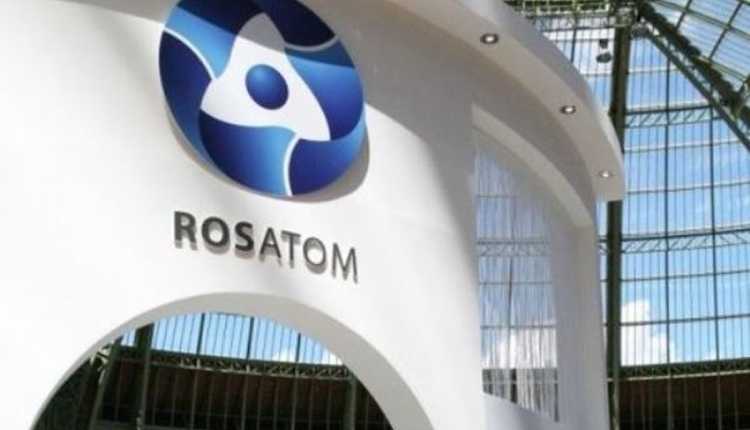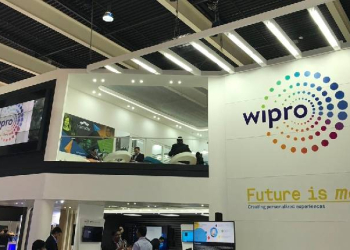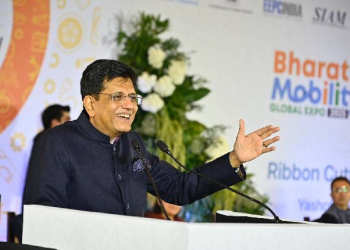Chennai: Russia plan to make it mandatory to irradiate the food grown in the country, said a senior official of Axenter Group offering industrial sterlisation by and electron beam processing.
It is learnt Russia’s integrated nuclear power corporation Rosatom is also looking at entering the Indian irradiation market.
Officials, however have declined to comment much on that.
It should be noted Rosatom is the supplier of six 1,000 MW atomic power units to India out of which two are functional and four are under construction.
Incidentally, Rosatom is upgrading an irradiation centre in Bangladesh.
Speaking to a group of visiting international journalists Artem A. Kuznetsov, Executive Director said the country is planning to make it mandatory to irradiate the food grown in Russia.
He said the idea is in the discussion stage and new irradiation centres can be opened if need be.
Kuznetsov agreed that India is also a big player in the irradiation segment.
In India there are about 20 facilities for irradiating food.
The Bhabha Atomic Research Centre (BARC) is engaged in research and development activities related to nuclear agriculture and food preservation technologies like radiation induced mutants with superior traits and others.
Radiation processing of food involves controlled application of energy from ionizing radiations such as gamma rays, electrons and X-rays for food preservation.
Be that as it may, the one year old Axenter’s facility in Dubna in Russia is sterlising agriculture produce, pharma and polymer products.
During a recent visit to the Dubna facility, bags of white onion flakes imported from India were being processed.
Kuznetsov said the products are processed to prevent microbial contamination which in turn also extends the shelf life of the products.
At the Dubna centre, Kuznetsov said apples and potatoes are also processed which increases their shelf life by 30-50 per cent.
That apart medical products like surgical items, bandages, vials, gauze and others are also sterlised at the centre, he added.
According to him, the centre is looking at new items for processing like gemstones, fish meat and others.
Already Rosatom’s group company is into irradiation of the raw topaz to change its colour. The raw topaz is white in colour. With irradiation, the colour can be changed to different shades of blue, an official of Science and Innovations JSC, part of Rosatom group, told IANS.
(IANS)





















